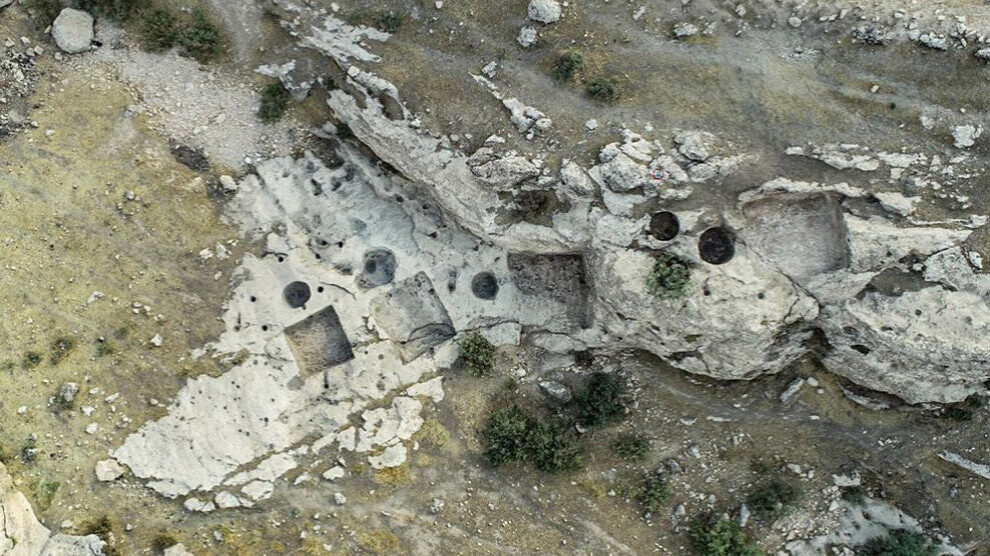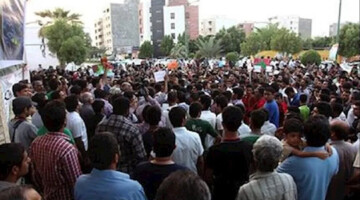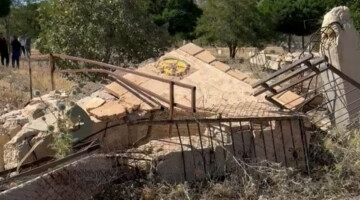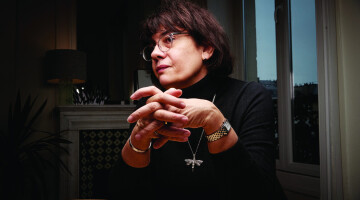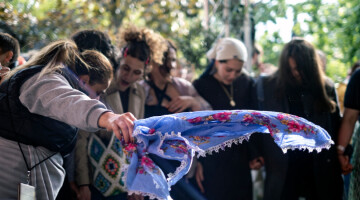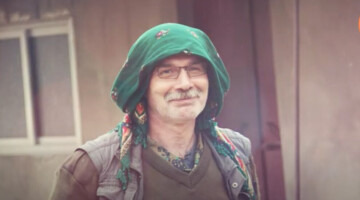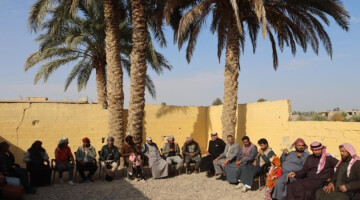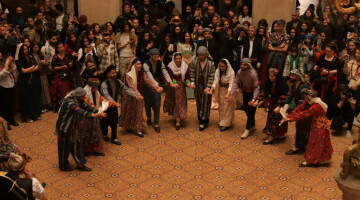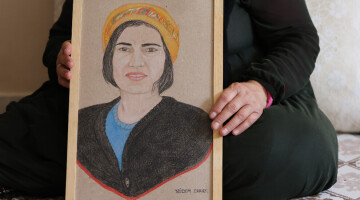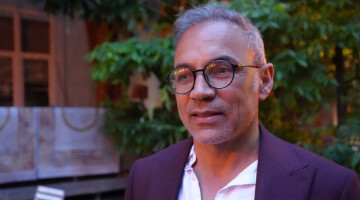An archaeological research team has discovered the remains of an approximately 2700-year-old "industrial-scale wine factory" in South Kurdistan. The Italian archaeologist Daniele Morandi Bonacossi told the AFP news agency: "We found fourteen facilities that were used to press the grapes and extract the juice, which was then processed into wine."
According to Bonacossi, it was the first discovery of its kind on Iraqi territory. The site is located in Faydeh (Faida), about 20 kilometers south of Duhok, near the ancient capital of the Assyrian King Sargon II (721–705 BC). The finds are dated to the time of his reign and that of his son Sennacherib.
"Archaeological Project Land of Nineveh"
The research team consists of Italian archaeologists and colleagues from the Antiquities Authority in Duhok. The excavations are part of the archaeological project "Terra Di Ninive" (Land of Niniveh), coordinated by Daniele Morandi Bonacossi from the University of Udine with the Duhok Department of Antiquities, headed by Hasan Ahmed. In addition to the wine production facility, the team also found ancient reliefs in an earlier irrigation ditch. The stone bas-reliefs, showing kings praying to the deities, were cut into the walls of a nearly nine-kilometre-long irrigation canal at Faydeh in northern Iraq.
According to Bonacossi, the reliefs show an Assyrian king praying in front of the Assyrian gods. The seven key gods are all seen, including Ishtar, the goddess of love and war, who is depicted on top of a lion.
In the area of what is now Iraq, ancient Mesopotamia, numerous advanced civilizations emerged during antiquity, for example in Sumer, Akkad, Babylon and Assyria. Among other things, they left their writing as well as the first large cities. However, due to the political chaos that has persisted for decades, the archaeological sites are often looted and the loot is sold to international collectors.

